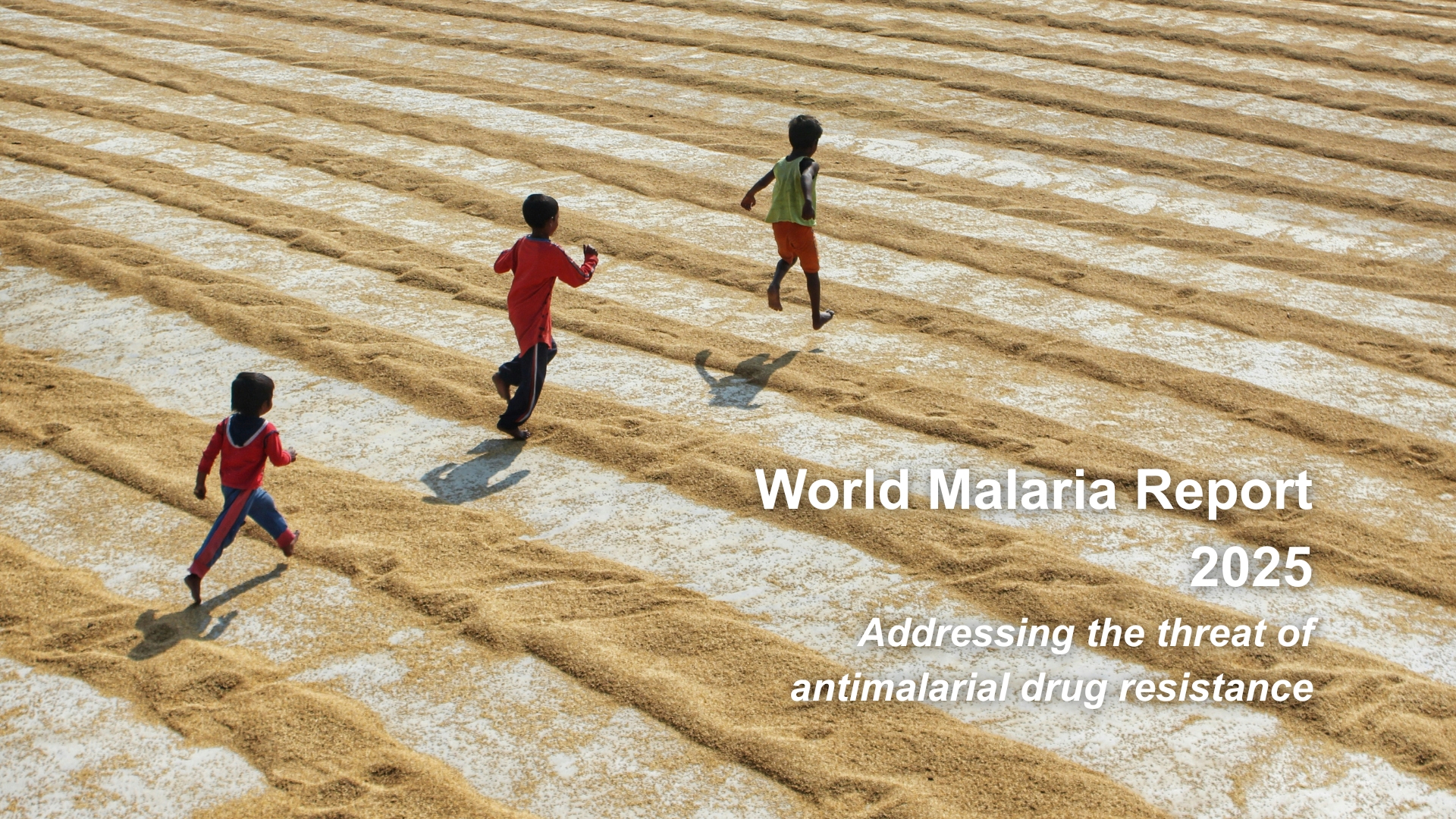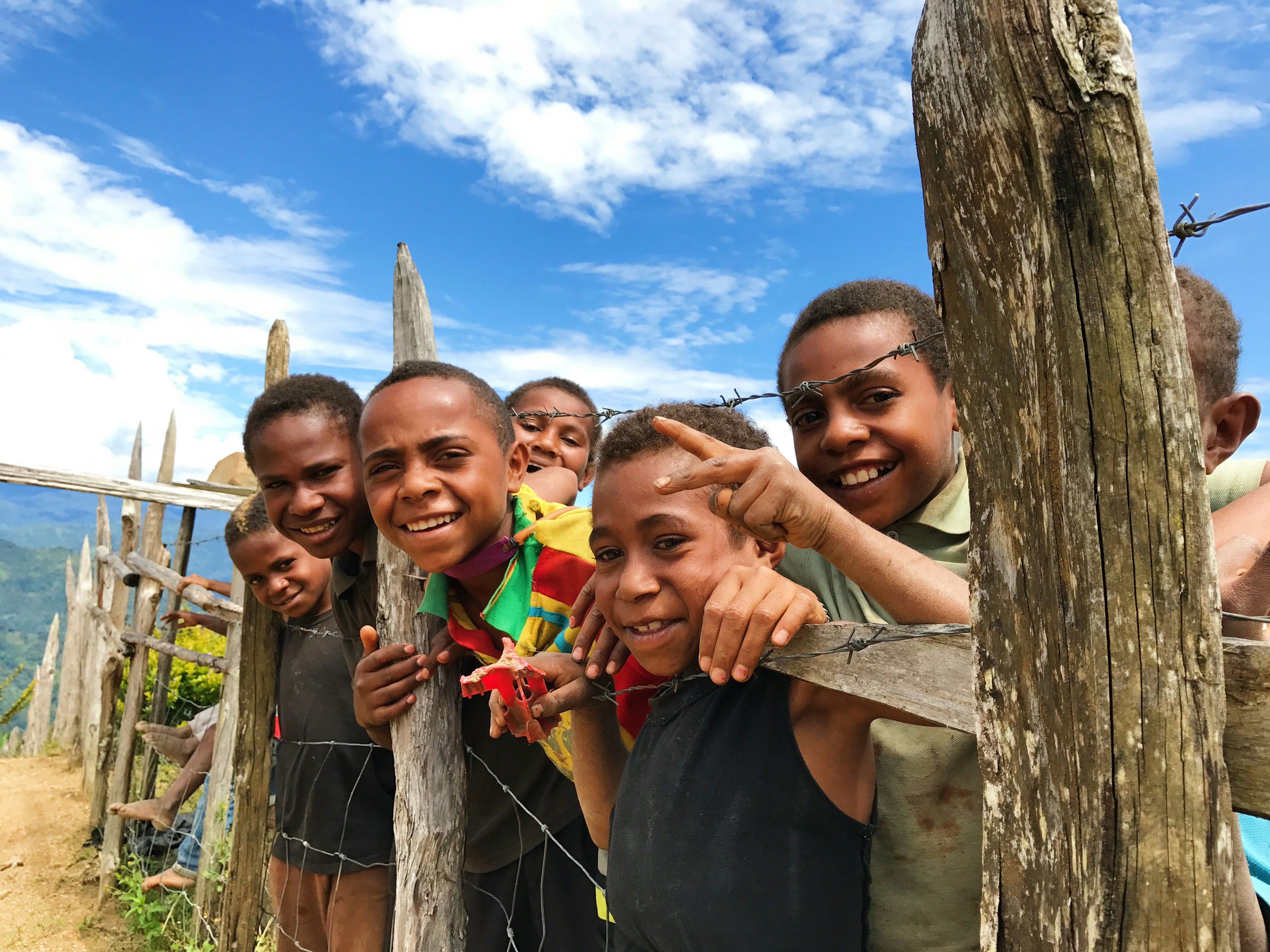
On August 28 to 30, the Royal Government of Bhutan, the Global Fund to fight AIDS, Tuberculosis and Malaria, and APLMA, organized a peer to peer exchange on the prevention of re-establishment (POR) of malaria transmission, in collaboration with the WHO.
The last decade saw extraordinary progress in the fight against malaria in Asia and the Pacific. According to WHO, confirmed malaria cases have declined by 47 percent and mortality rates have fallen by 78 percent since 2010. Moreover, based on estimates from the Global Fund, resources for malaria has more than doubled to over US$400M per year over the same period. Importantly, the increase in resources has mostly been fueled by new domestic investments, demonstrating the strong political commitment to eliminate malaria by Governments in the region.
At the same time, we know that the last mile in the malaria elimination journey will be the hardest - both in terms of finding the last cases and in sustaining malaria specific financing. After malaria has been eliminated, it’s equally critical for countries to retain adequate surveillance systems to detect cases quickly, and skilled personnel to diagnose and treat them to prevent the re-establishment of the disease.
Within this context, senior participants from seven countries – Bhutan, India, Indonesia, Sri Lanka, Timor-Leste, Nepal and Malaysia - attended the peer to peer exchange. These countries are leading the way towards elimination in Asia and the Pacific, either as E2020 countries, or as in the case of Indonesia and India, are critical for enabling elimination by 2020 in neighboring countries. The Global Fund, WHO GMP and SEARO, APLMA and APMEN sent senior leaders, including Dr Pedro Alonso Director of the WHO Global Malaria Programme, and Mr Mark Edington, Head of Grants Management at the Global Fund. The Honorable Ministers of Health, Foreign Affairs and Finance from Bhutan also attended parts of the meeting.
Participants discussed common challenges and solutions related to malaria elimination and POR, including for sustained financing, as well as epidemiological, entomological and operational aspects. The critical role of private health providers in the last mile was also discussed. Malaysia and Sri Lanka shared their experience in engaging private practitioners, particularly around adherence to treatment guidelines and reporting compliance.
As countries move towards elimination, their national programs need to make appropriate changes in the management structure — from a vertical program to a decentralized one — that is integrated with other health services. Bhutan and Timor Leste shared their approaches to retain centralized capacities for core services like quality assurance and procurement, while capacities for diagnosis and treatment, entomological surveillance have been integrated with the broader health system.
On the last day, the participants agreed on practical steps to refine relevant strategies and strengthen collaboration between countries. Following the peer-to-peer exchange, India, Bhutan, APLMA, APMEN and the Global Fund, organized a meeting on cross-border collaboration between the two countries.
.svg)


.jpg)



.png)


